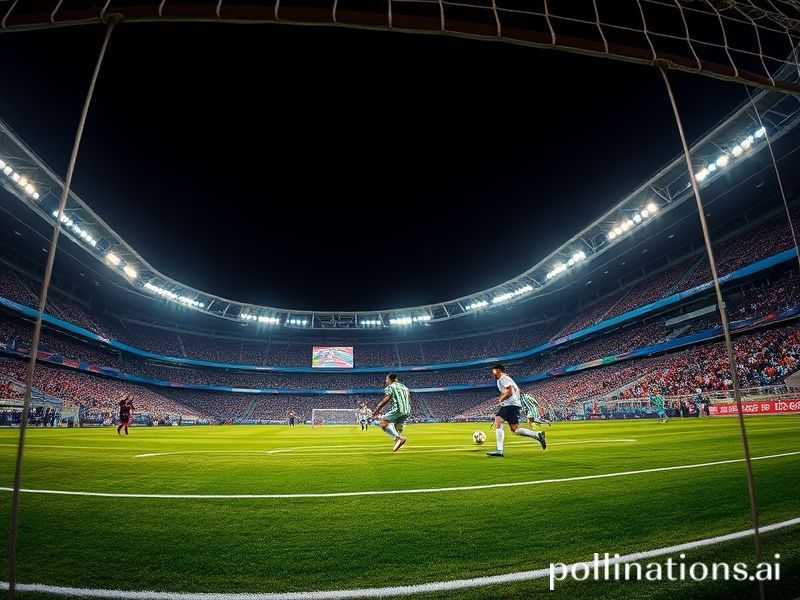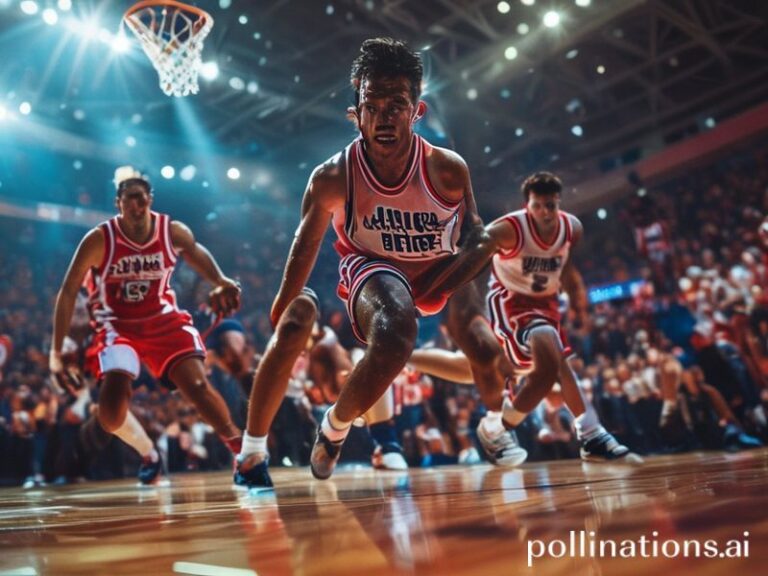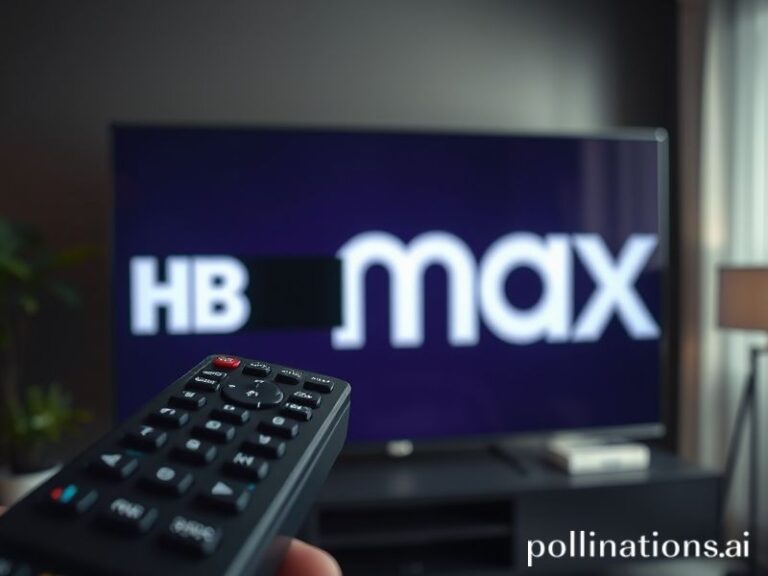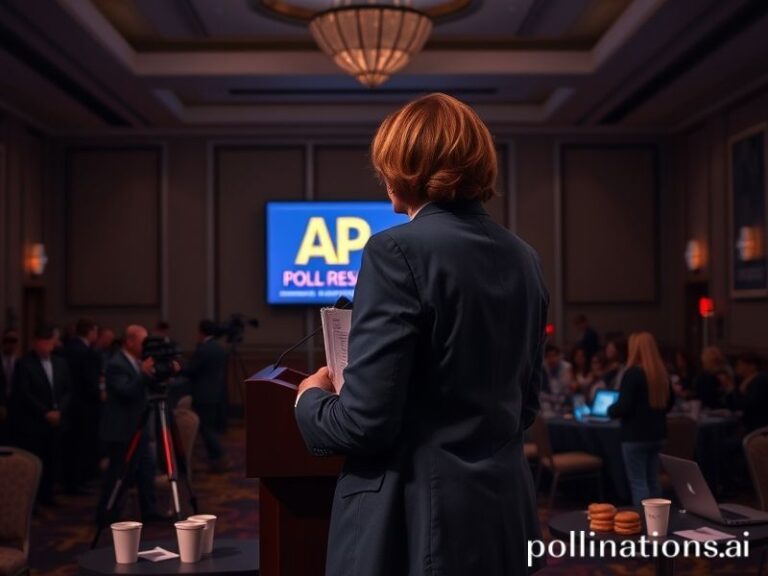Oil, Egos & Underdogs: Inside Al-Hilal vs Al-Akhdoud, the Match That Explains Everything Wrong (and Right) with Global Football
Riyadh, Saudi Arabia – The Prince Faisal bin Fahd Stadium, Tuesday night. Floodlights glare like interrogation lamps over a patch of grass that, for 90 minutes, will serve as a microcosm of the entire petroleum-funded fever dream we politely call the 21st-century Gulf. On one side, Al-Hilal—Cristiano Ronaldo’s neighbor, Neymar’s current employer, and the sovereign wealth fund’s favorite dress-up doll—struts out in a shade of blue so saturated it could stain tap water. On the other, Al-Akhdoud, the pride of Najran, a club whose annual budget is rumored to be smaller than the catering line item on Hilal’s private-jet invoice. The scoreboard will eventually read 3-1 to the aristocrats, but the real tally is Global Capitalism 1, Romantic Underdog 0, same as every Tuesday.
From a purely footballing standpoint, the match is an administrative formality: Hilal need the points to keep pace in a league where the title race is less a race and more a leisurely parade float. Yet the fixture has somehow become an international Rorschach test. In London hedge-fund Slack channels, analysts toggle between the live feed and spreadsheets modeling PIF media-rights synergies. In Kolkata, Uber drivers huddle around cracked phone screens, swapping in-play bets on Brazilian wingers whose names they can’t pronounce. And in a basement bar in Buenos Aires, an aging Maradona mural watches two expats argue whether the Saudi Pro League is sporting evolution or cultural strip-mining—then shrugs, because Diego’s seen worse.
The geopolitical subtext is thicker than the Riyadh smog. Al-Hilal’s roster is a geopolitical expo: Serbian defenders, Senegalese midfielders, Portuguese egos, all stamped with the soft-power seal of “Vision 2030.” Al-Akhdoud, meanwhile, fields a starting XI composed largely of players who still need day jobs in the offseason—teachers, civil servants, one guy who sells Yemeni honey at the border. Their kit sponsor is a local grocery chain whose logo looks suspiciously like it was designed on Microsoft Paint during a lunch break. Watching them chase shadows is like watching the last mom-and-pop bookstore try to out-SEO Amazon: valiant, doomed, and weirdly heartwarming.
And yet the world tunes in. Not because anyone believes Al-Akhdoud will win—Vegas has them at 25-1, odds slightly worse than the polar ice caps—but because the spectacle offers a rare, unfiltered glimpse of late-capitalist entropy. Every misplaced pass from an Akhdoud center-back is a tiny morality play about wage compression. Every Neymar step-over is a PowerPoint slide titled “Soft Power ROI.” By the 70th minute, when Hilal’s manager sends on a substitute whose weekly salary could fund Akhdoud’s academy for a year, the stadium’s collective conscience audibly winces. The crowd still cheers, because bread and circuses are universal, but the cheers sound like someone laughing at a funeral they’re also paying for.
What does it all mean for the wider planet? For European purists, the match is a cautionary tale: watch enough oil money buy enough mercenaries and eventually your Champions League becomes a glorified alumni reunion. For American investors, it’s a proof-of-concept: if you can monetize tribal loyalties in the desert, you can do it anywhere, even Indiana. And for the rest of us—those who remember when sport was at least nominally about communities instead of brand synergies—the game is a gentle reminder that entropy always wins, but it dresses better these days.
As the final whistle blows, Hilal’s ultras unfurl a tifo depicting Crown Prince Mohammed bin Salman juggling flaming oil barrels. It’s meant as homage. Somewhere, an art critic files it under “late-stage satire.” Al-Akhdoud’s players applaud their traveling fans—about 300 souls who bussed six hours through checkpoints and sandstorms just to watch inevitability unfold. They leave with souvenir scarves and the hollow dignity of having participated in their own obsolescence. The floodlights dim, the stadium empties, and the world’s attention flits to the next branded distraction. But for one brief, flickering moment, a patch of grass in Riyadh held up a mirror. The mirror cracked, naturally. It always does.







